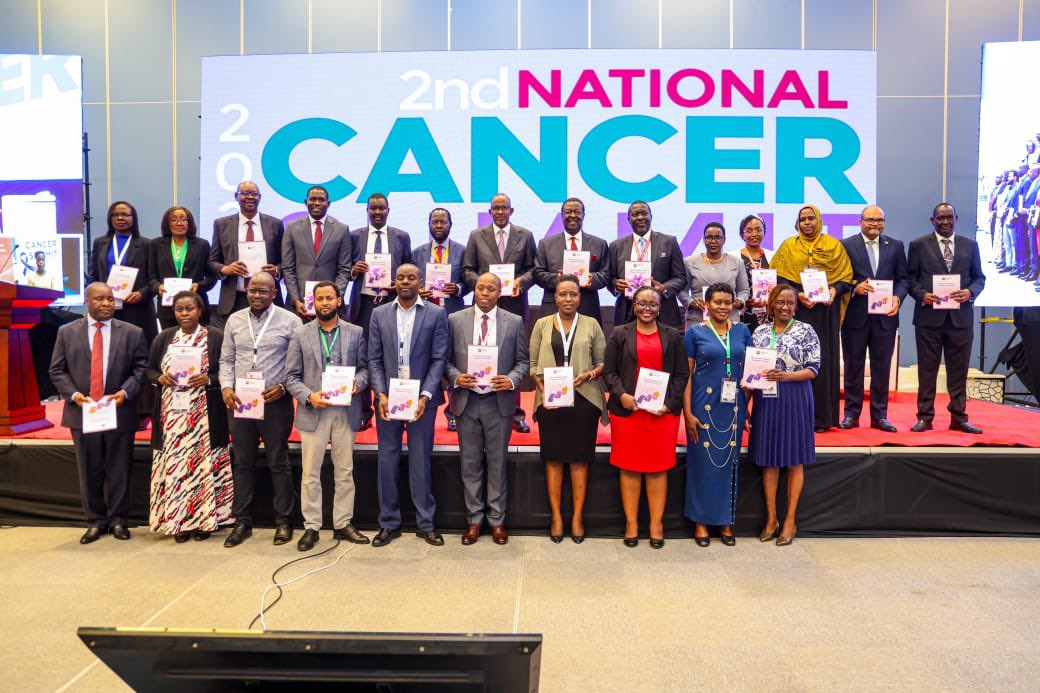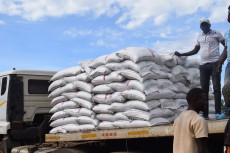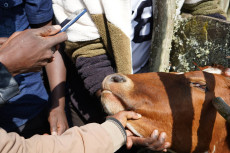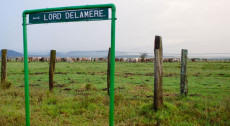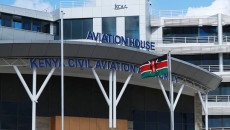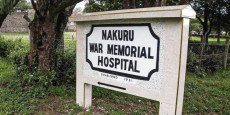- Building on the success of its 2023 edition, the summit returns as a rallying point for progress in cancer prevention, care, and control. With over 1,000 stakeholders expected, the event will spotlight the country’s cancer burden, mobilize partnerships, and drive practical solutions at both national and county levels.
Kenya’s war on cancer gathers momentum as the Second National Cancer Summit kicks off on July 27 and is expected to run until July 30, 2025. The high-profile event, hosted by the National Cancer Institute of Kenya (NCI-K) in Nairobi, will spotlight breakthroughs in cancer prevention, research, policy, and innovation.
Building on the success of its 2023 edition, the summit returns as a rallying point for progress in cancer prevention, care, and control. With over 1,000 stakeholders expected, the event will spotlight the country’s cancer burden, mobilize partnerships, and drive practical solutions at both national and county levels.
Health Cabinet Secretary (CS) Aden Duale and Prime CS Musalia Mudavadi joined a host of national and county dignitaries at Nairobi’s Edge Convention Centre to open the momentous summit.
Under the theme, “Uniting Our Voices and Taking Action,” the 2025 Summit has brought key stakeholders to advance Kenya’s fight against cancer, amplifying a shared commitment to transformative health solutions.
The Prime CS underlined the summit’s theme, saying, “it is not only a call to solidarity, but a declaration that the time for fragmented efforts is over. The time to act collectively, is now.”
Read More
To highlight the government’s commitment to the fight against cancer, CS Duale shared ongoing reforms under the Taifa Care model.
These reforms included: decentralizing cancer care through regional centres in major cities, scaling up community-based screening via health promoters and mobile clinics, and strengthening referral systems for early diagnosis and treatment.
The CS additionally touched on the provision of financial protection through the Social Health Authority (SHA), hinting at a cover of up to Ksh550,000 annually. And the expansion of diagnostics via the National Equipment Service Program (NESP), with mammograms in Kisumu and Kerugoya and CT scans already in 15 counties.
Public engagement at the summit produced a wave of forward-looking proposals aimed at strengthening Kenya’s cancer response. They included: capacity building, early screening, access to essential medicines, and expanding radiotherapy in public hospitals.
These ideas reflect a growing consensus for equitable, sustainable, and patient-centered cancer care nationwide.

